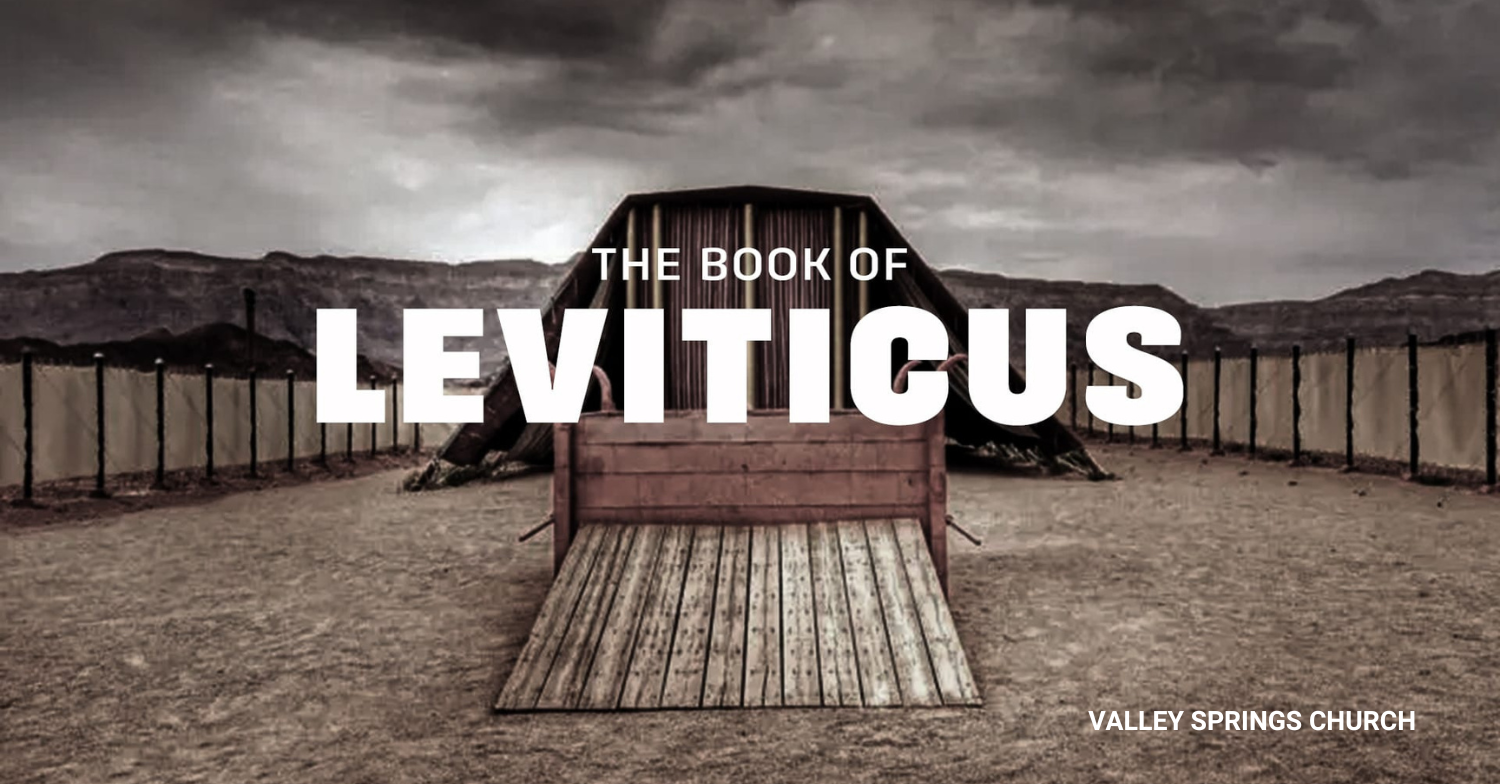
Called to Holiness
Leviticus 19-21
Leviticus 19 is often referred to as the "Holiness Code" because it details how God's people are to live holy lives. The chapter covers various commandments, including respect for parents, honesty in business, love for neighbors, and justice for the poor. God’s holiness is not just about religious rituals but also about how we treat others in everyday life. Jesus later summed up many of these principles in the commandment, "Thou shalt love thy neighbour as thyself" (Leviticus 19:18). This chapter reminds us that holiness is both a calling and a way of life that reflects God's character in our relationships and actions.
Leviticus 20 outlines the punishments for various sins, particularly idolatry, immorality, and defiling the name of God. These strict laws reinforce the seriousness of sin and the need for God's people to be set apart from the nations around them. While we no longer live under the Old Testament law, this chapter teaches us that sin has consequences, and holiness requires separation from the world’s sinful ways. In Christ, we are redeemed from sin’s penalty, but we are still called to pursue righteousness and live in obedience to God’s will.
Leviticus 21 sets higher standards for the priests, emphasizing that those who serve God must reflect His holiness. The priests were to be set apart, avoiding anything that would make them unclean or dishonor their sacred duty. This chapter points forward to Jesus, our perfect High Priest, who was completely without sin. It also reminds us that, as believers, we are a "royal priesthood" (1 Peter 2:9) called to live in a way that honors God and represents Him to the world.
Leviticus 19-21 calls God’s people to holiness in all areas of life. Chapter 19 emphasizes that holiness is practical, affecting how we treat others. Chapter 20 warns of the consequences of sin, reminding us that God takes sin seriously. Chapter 21 highlights the call to a higher standard for those who serve God. Together, these chapters remind us that holiness is not optional—it is a response to who God is. As believers in Christ, we are called to reflect His holiness in our daily lives, not through legalistic rules, but through a transformed heart and mind.
Reflection Questions:
- How does God's call to holiness in Leviticus 19 apply to your daily life and relationships?
- Why does God emphasize the seriousness of sin in Leviticus 20, and how does this point to the necessity of Christ’s sacrifice?
- In what ways are believers today called to live as a "royal priesthood" (1 Peter 2:9)?
- How does understanding God's holiness deepen your love and reverence for Him?
- What areas of your life might God be calling you to set apart for His glory?
